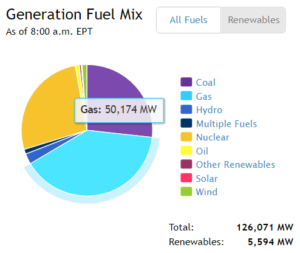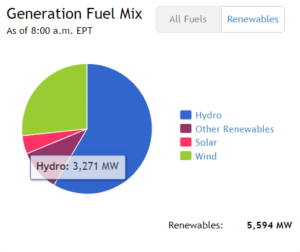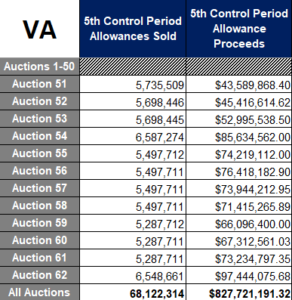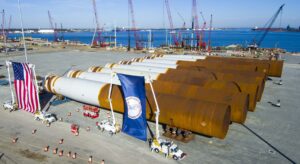By Steve Haner
The Democrats now running Virginia’s General Assembly are not just more progressive, but far more ambitious than their predecessors. To fully understand how ambitious you must compile the entire list of progressive bills advancing in the 2024 session and consider their total impact on the cost of living and cost of doing business in the commonwealth. Individual news stories miss the big picture.
The push to radically regulate Virginia’s energy future discussed earlier is being mimicked with equally aggressive legislation throughout the rest of our economy. None of the ideas below are new, and most are already in law in places like California, New York or other more liberal states. What has changed is that when proposed in the past, they usually were rejected in Virginia on a bipartisan basis. Democrats now march in lockstep.
The Assembly is still in its first phase and adjournment is set for early March. Which of the following will pass remains to be seen, and in many cases, amendments are already appearing. Most may also face gubernatorial veto or amendment, but that just underscores that Virginia is only one election of one official away from total transformation.
In the case of the bills to increase the minimum wage (here and here), Democrats are simply building upon what they did during their last period of control. But if they succeed in setting future wage increases to automatically grow with inflation, the impact just builds and builds. Classes of employees reasonably exempted from the law currently, such as farm workers, may now be covered, as well.
Likewise, the previous Democratic majority also took the first steps toward collective bargaining for limited groups of local employees, but only after elected local officials gave a green light to negotiate a contract. This year’s bill expands the right to bargain to almost all local and now most state employees, with no vote needed by a school board or city council. It was revealed that the most recent version does conveniently exempt employees of the General Assembly, however. Continue reading



















